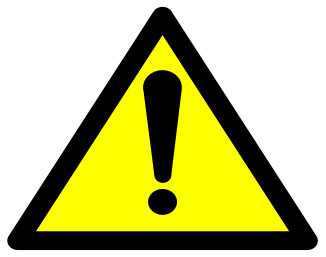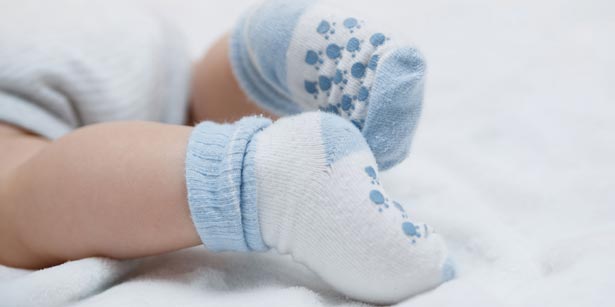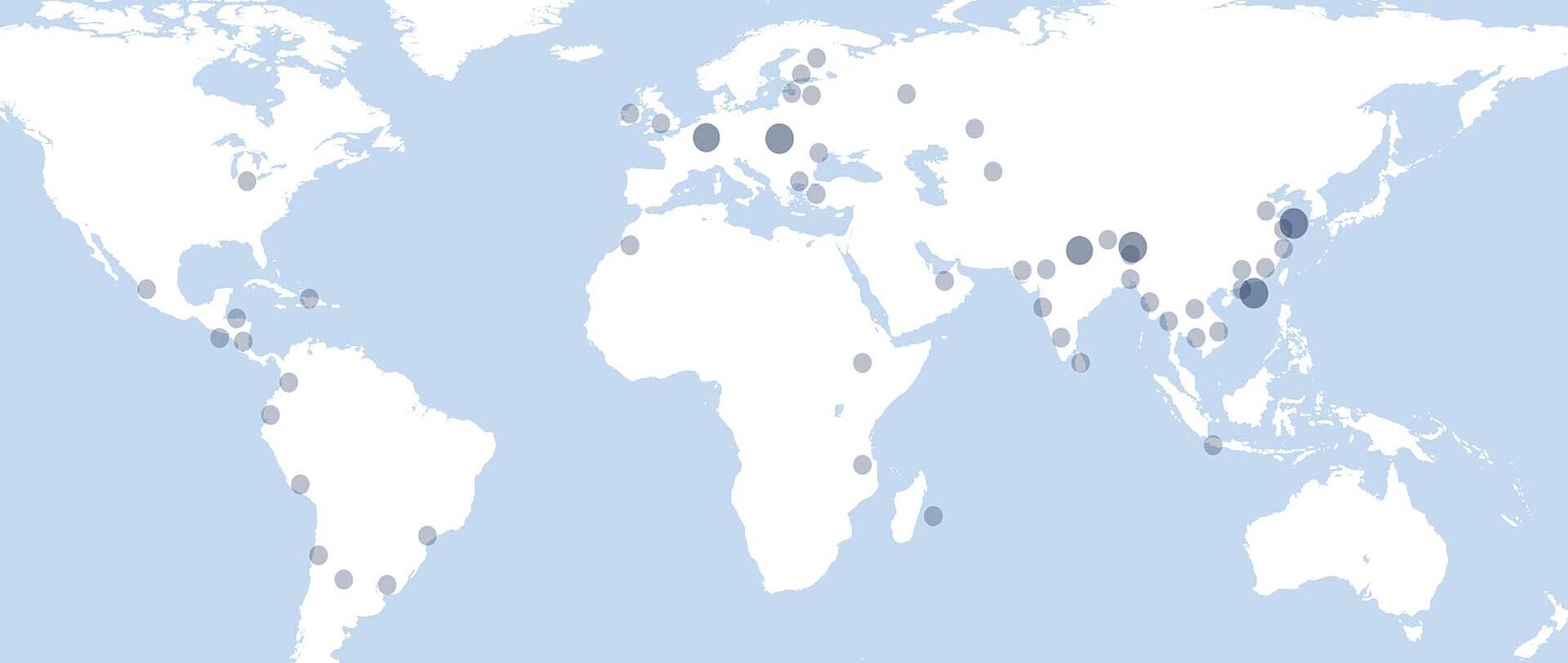What is California Proposition 65?
Proposition 65 is a California state law that requires warnings for toxic chemical exposure to consumers, workers and the environment. It aims to enable informed decisions about exposure risks and how to avoid or minimize them. Prop 65 is administered by the California Office of Environmental Health Hazard Assessment (OEHHA), a division of the California Environmental Protection Agency (CalEPA), and enforced by the California Attorney General.
Prop 65/OEHHA Law and Regulations:
- Lists over 900 chemicals known to cause cancer, birth defects or other reproductive harm
- Requires a "clear and reasonable" Prop 65 warning (e.g. product labels, workplace posters, published notices)
- If there is risk of exposure
- Before the potential exposure
- Within one year after a chemical is added to the list
- Unless “no significant risk level” or “no observable effect level” can be proven
- Including chemical ID on short-form labels (Effective Jan. 1, 2028)
- Includes over 300 safe harbor levels for exposures, below which a warning label is not required (limit values)
- Prohibits California businesses from knowingly discharging significant amounts of listed chemicals into sources of drinking water
- Publishes notices for violations
- Imposes fines up to $2,500 per day, per violation
- Applies to organizations with 10 or more employees doing business in California
- Applies to all consumer products (adult and children) sold in California - including textile-related products

Prop 65 Guidance
Since the regulations cover all products in California, the implications for textiles are not always straightforward. Sorting through and tracking updates on the Proposition 65 list of chemicals can be overwhelming and risky. Hohenstein laboratories help suppliers, brands and retailers comply through consulting, strategic testing and assessment.
Prop 65 Testing
Although testing is not mandatory, it is the only way to manage risk.
Hohenstein assesses Prop 65 compliance.
Using 80+ years of textile and chemical expertise, Hohenstein uses the Prop 65 list, settlements and notices to find relevant updates. Our experts provide consultancy and strategic testing plans tailored to applicable regulations, specific product parameters, supply chain factors, risk appetite and budget.
Prop 65 assessments include:
- Textile-related products and accessories: materials, trims, components, accessories, home textiles, apparel, workwear, PPE, footwear, furniture, children's products, toys
- Proactive Prop 65 test plan based on product/component evaluation
- Efficient integration with overall quality and regulatory testing plan
- For long-term prevention: Supply chain analysis, vendor management program development, training
- Restricted substance/analytical testing, including:
- Phthalates
- Lead
- Cadmium
- Bisphenol A (BPA) - including in socks
- Nickel
- PVC
- Antimony
- Arsenic
- Chromium
- Warning label - visual inspection


